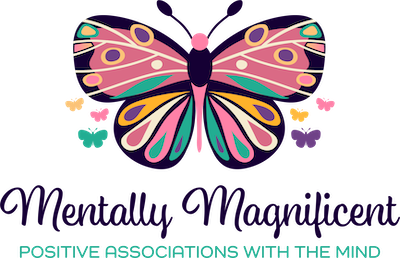People-pleasing—it’s a reality for so many of us. It can feel almost impossible to break free from the need to constantly make others happy, often at the expense of our own well-being. But why does this happen, and why is it so hard to stop?
At the root of people-pleasing is fear—a response to trauma, often tied to early experiences of abuse or neglect. As children, we don’t always have the means to fight back against mistreatment, whether it’s physical or emotional. In many situations, we don’t feel safe to run away either. So what do we do? We try to appease. We learn to please our abuser in the hopes of receiving kindness, safety, or acceptance.
This behavior becomes ingrained and can follow us into adulthood, shaping how we interact with others. It doesn’t just show up in abusive relationships anymore—it spills into our friendships, our intimate relationships, and even casual encounters. We find ourselves constantly bending over backward to make others happy, hoping that if we’re good enough, kind enough, they’ll treat us with the love or respect we crave.
But here’s the catch—people-pleasing can be exhausting. Worse, it opens the door for others to take advantage of our kindness, leaving us feeling drained and unappreciated. It becomes a vicious cycle, one where we’re not just angry at the people who exploit us, but also at ourselves for never standing up for what we really want.
I know this struggle all too well. I dealt with people-pleasing for a long time. I remember when a therapist once asked me, “Will the real you stand up?” That question hit me hard, and it’s the same question I’m asking you now:
- Will the version of you who wants to say no instead of yes stand up?
- Will the version of you who wants to express your discomfort with someone’s behavior stand up?
- Will the version of you who craves a day to yourself instead of giving it away stand up?
The truth is, the people-pleasing persona you present to the world isn’t the real you, and deep down, you know it. The real you is buried beneath layers of fear and the need to protect yourself from the pain others have caused. But ironically, by continuing to people-please, you’re hurting yourself even more. You’re denying yourself the opportunity to honor your true desires, needs, and dreams.
And here’s the saddest part: resentment builds. Not just toward the people you’re trying to please, but toward yourself. It’s a painful place to be, and, as the saying goes, “ain’t nobody got time for that!”
So, how do we break free?
It starts with a simple practice: saying yes to yourself. If saying no to others feels too difficult at first, then start by committing to your own needs and desires. The next time someone like “Karen” asks you to stay late at work, you don’t have to outright say, “No, I can’t stay late.” Instead, say yes to the special time you’ve planned for yourself. Try responding with, “I have another important engagement this evening.” This way, you’re honoring your plans, your needs, and the real you—the part of you that deserves care, rest, and joy.
The real you will thank you for it.
If this resonates with you and you’re ready to dive deeper into breaking the cycle of people-pleasing, check out my latest YouTube video where I explore more tips on how to reclaim your authentic self.









